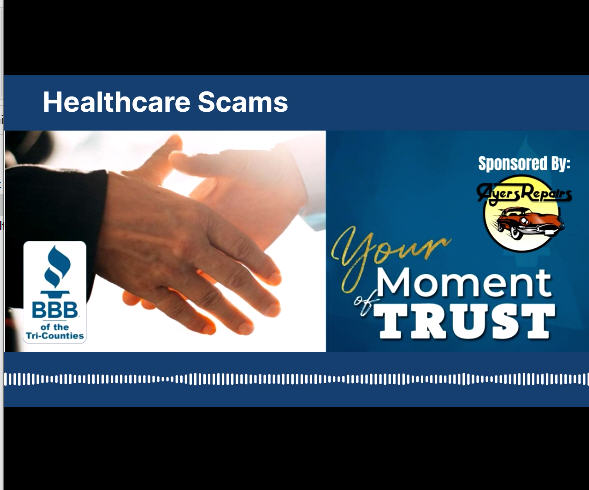
Healthcare scams come in various forms, with fraudsters posing as government authorities to trick you into revealing personal information tied to your Medicare or Medicaid account, often for identity theft. https://youtu.be/48ewypmpNdk?si=5mCra8-CX_ckTzhV… via @YouTube
How the scam works:
The scam typically starts with an email, text message, or phone call that appears to be
from a government agency. Con artists use a variety of stories. In one common version,
the “agent” tells you that he or she needs to update account information to send a new
medical card. In another version, the scammer asks for your account number in
exchange for free equipment or services. A third version involves a threatening robocall
purporting to be from HealthCare.gov or the Health Insurance Marketplace. You’re told
you must buy health insurance or face a fine. Sure enough, you’re soon asked to
provide personal information. A more recent version has reported Medicare recipients
receiving notices that new Medicare cards with microchips will be sent out and further
verification is required.
Tips to avoid this scam:
● Don't trust a name or number. Con artists use official-sounding names or mask
their area codes by spoofing to make you trust them. Don't fall for it.
● Hang up and go to official websites. You can enroll or re-enroll in Medicare at
Medicare.gov or a marketplace health plan at Healthcare.gov.
● Never share personally identifiable information with someone who has contacted
you unsolicited, whether over the phone, by email, or on social media. This
includes banking and credit card information, your birthdate, Social Security or
Social Insurance number, and, of course, your health insurance number.
● Guard your government-issued numbers. Never offer your Medicare ID number,
Social Security number, health plan info, or banking information to anyone you
don’t know.
● Know the signs. Medicare will never contact you via email, text message, or
phone, asking you to verify personal information.